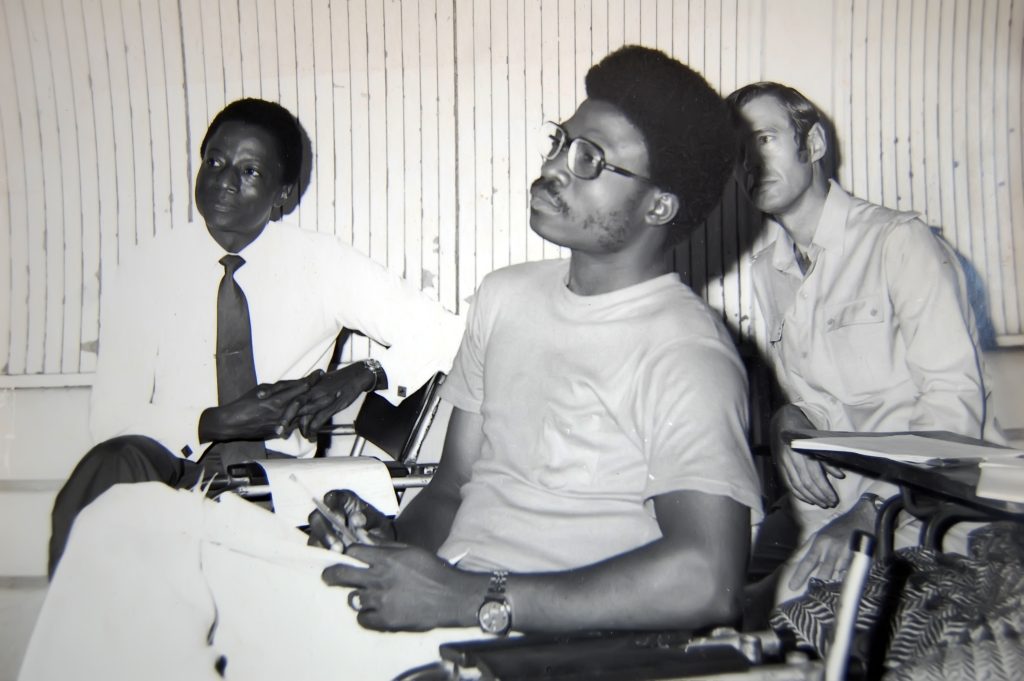Bard of the Tabloid Platform

This combination of social and literary activism was at the root of Osundare’s inauguration, in 1985, of Songs of the Season, in the Sunday Tribune, a widely read Nigerian newspaper. It was then, and still is, the first and longest-running individual newspaper poetry column in the history of Nigeria. Here is his “testimony” in the preface to the first selection of poems from the column, published in 1990:
“From the very outset, Songs of the Season has been empowered by a definable style and purpose: to capture the significant happenings of our time in a tune that is simple, accessible, topical, relevant, and aesthetically pleasing; to remind kings about the corpses which line their way to the throne, to show the rich the slums which fester behind their castles, to praise virtue, denounce vice, to mirror the triumphs and travails of the downtrodden who ever so often the big books forget; to celebrate the green glory of the rainy season and the brown accent of the dry; to distil poetry from the dust and clay of our vast, prodigious land.”
Osundare’s practice of the poetry of social and political relevance came to the fore in Nigeria’s long years of military dictatorship and repression, during which period the poet engaged in the poetry of mobilization and resistance through modulated metaphors and ingenious parables. This method, in his own words, was his “antidote against silence” particularly under the brutal rule of the dictator General Sani Abacha (1993–1998), when vocal opposition became a mortal risk and the “indirect song” gained currency as the ballad of resistance. It was during this repressive era that he wrote “Not My Business,” which has now turned out to be one of his most widely read and studied poems. A selection from these tabloid poems from 1985 to 1990 now forms part of the collection Songs of the Season.
In June 2004, the title Songs of the Season was changed to Lifelines, and in February 2017, the column migrated to The Nation on Sunday, where it has been since then.
The popularity of the tabloid verses didn’t go unnoticed by the country’s military junta whose security agents became increasingly interested in Osundare’s public literary and political interventions by intercepting and/or opening his personal letters, subjecting him to frequent airport “dialogues,” and making sure his literary and professional activities abroad never went unnoticed and unmonitored.
